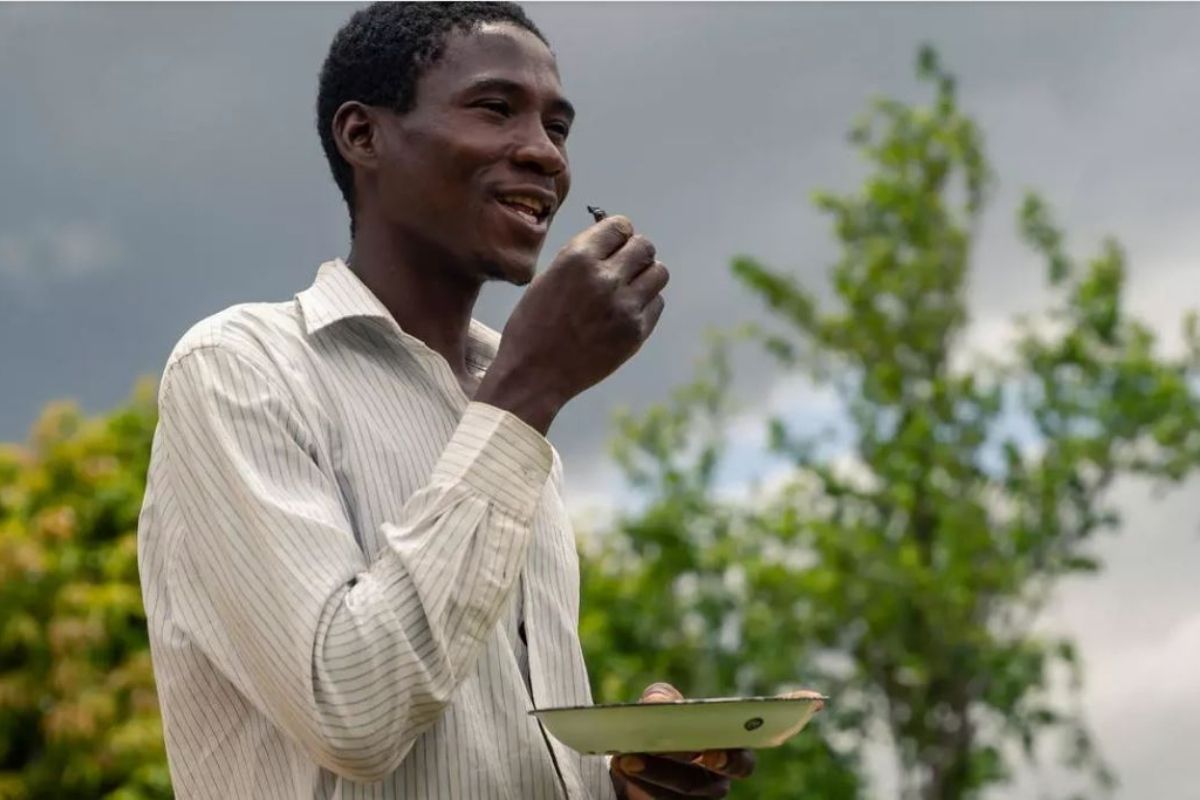In times where the planet is consistently changing through climate, environmental degradation, or epidemics; radical changes also are required within the food manufacturing process to safeguard our food supply. Their report is published today within the journal Nature Food.
The Report:
The researchers say that global malnutrition might be eradicated by farming foods including spirulina, chlorella, larvae of insects like the house fly, protein derived from fungi, and macro-algae like sugar kelp. These foods have already attracted interest as nutritious and more sustainable alternatives to traditional plant and animal-based foods.

The assembly of such sorts of ‘future foods’ might help us to see beyond our existing food choices for nutrition. These sources are often grown in compact modular systems ideal for urban areas also as in isolated communities as in remote islands.
Researchers call this ‘Polycentric Food Network’ as they will be grown easily by isolated communities and therefore limit our dependency on the worldwide food chains.
“Foods like sugar kelp, flies, mealworm and single-celled algae like chlorella, have the potential to supply healthy, risk-resilient diets which will address malnutrition around the world,” said Dr. Asaf Tzachor, a researcher at the Centre for the Study of Existential Risk (CSER) at the University of Cambridge and lead author of the report.
He added: “Our current food system is vulnerable. It’s exposed to multiple risks, droughts and dry spells, pathogens, and parasites, floods, and frosts, which marginal improvements in productivity won’t affect. To future-proof our food supply we’d like to integrate completely new ways of farming into the present system.”
The Challenges:
The report suggests that it’s dangerous and not ideal for us to depend upon the food coming through conventional farming and provide a marketplace for the only mode of nutrition. This sort of food production depends on various aspects which are beyond human control.
Like within the case of Covid-19; many governments imposed travel restrictions across the country. This disrupted food production and supply across the planet.
In parallel, recent environmental challenges like wildfires and droughts in North America, outbreaks of African swine fever affecting pigs in Asia and Europe, and swarms of desert locusts in East Africa possess’ huge amount of threat to the present. Global climate change is anticipated to worsen these threats.
Advancements in technologies have created many possibilities for alternative food production systems that are more efficient and risk resilient and may satisfy the nutritional needs of billions.
Conclusion:
The burden of malnutrition is arguably the foremost persistent humanitarian crisis: two billion people experience food insecurity, including over 690 million people undernourished and 340 million children suffering micro-nutrient deficiencies.
The researchers say that reservations about eating novel foods like insects might be overcome by using them as ingredients instead of eating them whole: pasta, burgers, and energy bars, for instance, can all contain ground insect larvae and processed micro-and macro-algae.
Also Read: Covid-19 Pandemic: Increasing Cases Of ‘Black Fungus’ Creates Woes In Recovered Patients In India